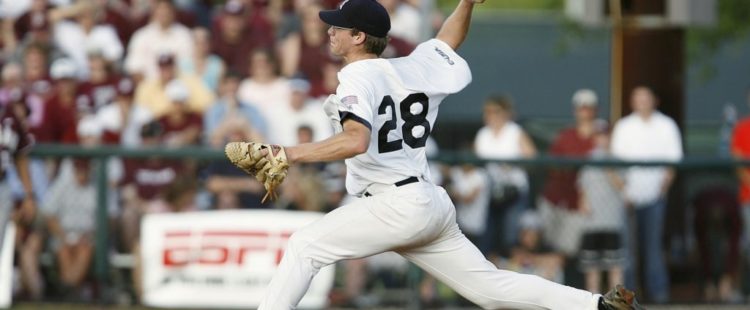Proper Sleep Influences Athletic Performance
Participation in sports is a good step towards health and wellness. Cardiovascular benefits of physical activity combine with mental stimulation and the results are overall better health. However, between training and competitions, the demands on an athlete are many. That’s why diet and proper hydration play such large roles in athletic performance. The human body is a machine of sorts that must be fueled with the right foods and enough water. According to Rest Right Mattress, one important factor that is overlooked too often is the importance of sleep. Sleep is as essential to an athlete as the nutrients consumed.
Sleep can influence the athletic performance in more ways than one. It can be a vital tool for the competitive athlete. It is during sleep that the body is able to recharge so getting enough sleep will have an effect on performance. While it can be easy to let sleep fall to the wayside, those who play sports and sleep properly can capitalize on multiple benefits. First, getting sufficient sleep translates to increased alertness. This means during games a player will have an advantage in the mental aspect. Sleep can also influence energy levels which can be a game changer.
The Advantages of Sleep for an Athlete
There are also some possibly less than obvious advantages that can be produced by sleep. During sleep the body stores memory. This may be one of the most important ways that sleep can improve a player’s abilities. It means that when you sleep, the motor skills used during practice are stored in muscle memory. This memory storage makes it easier to naturally recall the movements that are essential to your game when it counts. For superior performance, every athlete needs to heal. Muscle recovery is a process that occurs during sleep. Muscle recovery is key in preventing injuries and building new muscle tissue.
How Much Sleep Does an Athlete Need?
So how much sleep does an athlete need? There is no uniform answer. Depending on the age and activity level of an individual, sleep needs will differ. As reported by the National Sleep Foundation, those who participate in sports can require up to ten hours sleep per night. Trial and error will guide you to your ideal amount of sleep. Once you figure out what your sleep needs are, make sleep a priority and you’ll see the difference!

